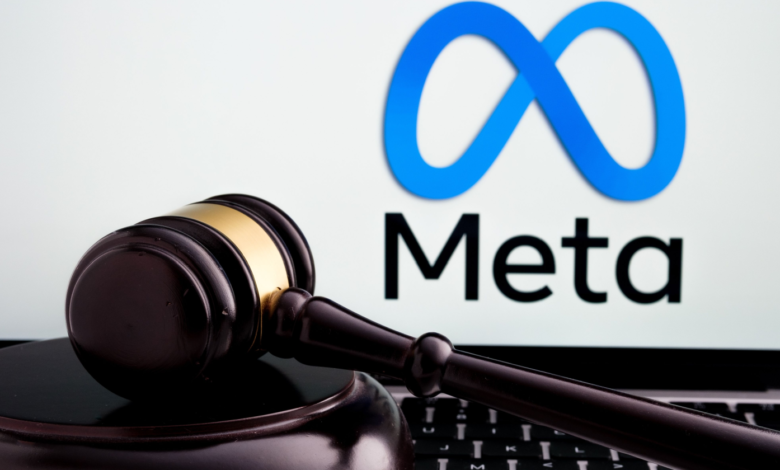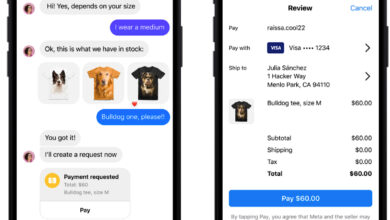Meta Fined $414M for EU Privacy Law Violations

Facebook and Instagram’s parent company, Meta, has been fined a total of $414 million by the Irish Data Protection Commission (DPC) for breaching EU privacy laws.
According to the DPC, Meta illegally required users to consent to personalized and targeted ads.
As a result, Meta will pay approximately $223 million for breaching Facebook’s privacy policies and approximately $191 million for its actions on Instagram.
The decision follows two accusations made in 2018 that Meta breached the General Data Protection Regulation (GDPR).
The General Data Protection Regulation is a set of regulations that help protect the personal data of EU citizens. It allows EU citizens more control over how companies obtain, use and share their personal information.
Additionally, the GDPR makes it illegal for companies to retain customer information without that customer’s consent.
This ruling underscores the importance of adhering to strict privacy rules and the penalties companies may incur if they fail to do so.
What wrong is the meta allegedly wrong?
DPC claims that in order for customers to continue using their accounts, Meta required them to agree to terms of service which in effect prompted them to sign new terms and conditions allowing their data to be used for personalized ads.
In addition, DPC says the language used in the Terms of Service is unclear and did not adequately inform users of how their data will be used.
Meta inconsistent with the provision
In response to the DPC’s decision, Meta has announced plans to appeal the decision, stating that it believes its approach to data protection respects the General Data Protection Regulation (GDPR).
The company argues that personalized advertising is a regular aspect of social media and that Facebook and Instagram are inherently personalized.
In a blog post, Meta states:
“Facebook and Instagram are inherently personalized, and we believe that providing each user with their own unique experience – including the ads they see – is a necessary and essential part of that service. To date, we have relied on a legal basis called “contractual necessity” to serve behavioral ads to people based on on their activities on our platforms, taking into account their security and privacy settings. It would be very unusual for a social media service not to be tailored to the individual user.”
Despite the decision, Meta says advertisers can continue to use personalized advertising campaigns on Instagram and Facebook.
It is important to note that these decisions do not prevent personalized advertising on our platform.
what is happening now?
Meta has the legal right to appeal the DPC’s ruling and will not be forced to make changes until a final decision is reached in court.
To this end, DPC has not provided specific information about what changes Meta is required to make to comply with the GDPR.
sources: The New York TimesAnd meta
Featured image: mundissima / Shutterstock




